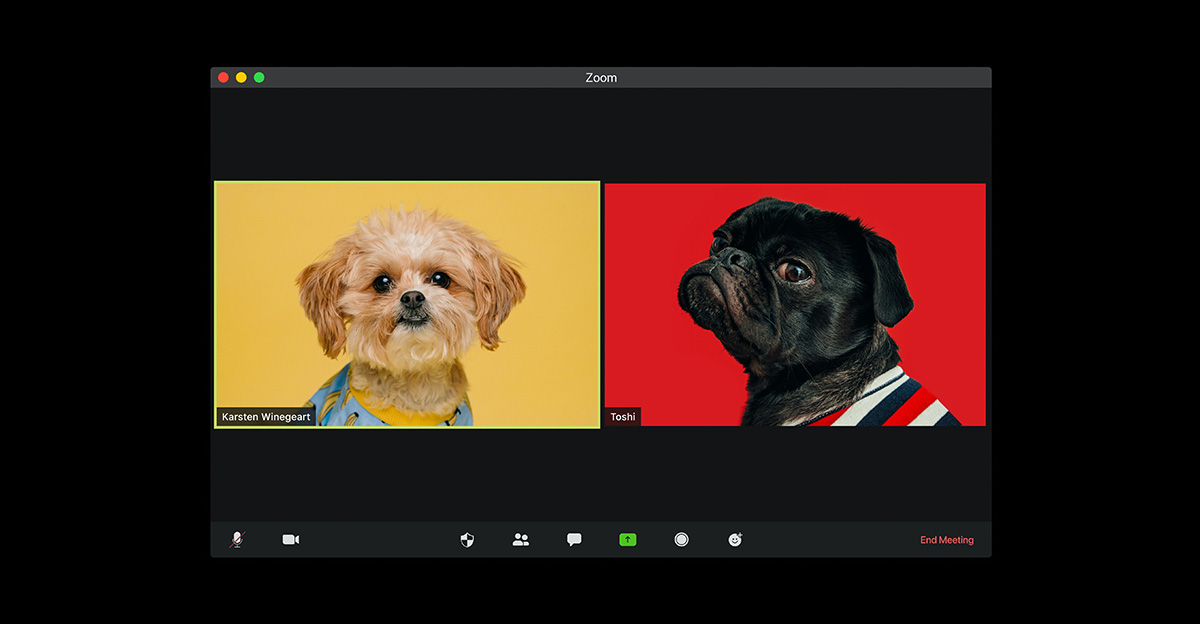We naively believe a recruitment process is over after weeks of searching, reading dozens of resumes, endless interviews, and finally discovering the perfect profile for the opportunity in hands. Not necessarily.
In the recruitment lifecycle, the final phase of a recruitment process can take between 6 to 8 weeks, after the first contact is made with a candidate. Only after the selection phase, we can perceive how important an optimised onboarding is.




